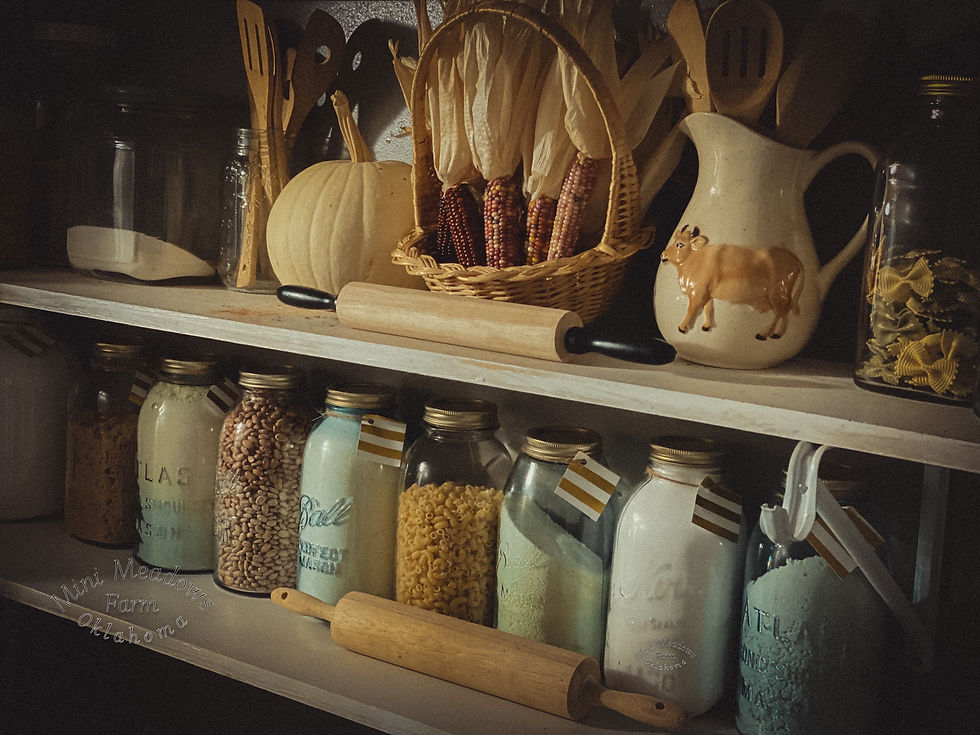
From Wild Steeds to Trusted Companions: The Fascinating History of Horse Domestication
- kimberkay777
- Jan 24
- 3 min read
The domestication of horses stands as a remarkable milestone in human history, forever changing our relationship with the animal kingdom. Horses have played a crucial role in transportation, warfare, agriculture, and cultural development, shaping the course of human civilization. In this article, we embark on a captivating journey through time, exploring the origins, evolution, and profound impact of horse domestication on human societies.
1. Wild Ancestors:
The journey of horse domestication begins with the wild equids that roamed the grasslands and forests of ancient Eurasia. The wild horse species known as Equus ferus, including the now-extinct Tarpan and Przewalski’s horse, served as the ancestors of the domestic horse. Early humans encountered these majestic creatures, recognizing their potential as allies in their quest for survival.
2. Early Partnerships:
The domestication of horses is believed to have taken place around 4,000 to 6,000 BCE, in different regions simultaneously. Nomadic pastoralist societies in the Eurasian Steppe, such as the Botai culture in present-day Kazakhstan, were among the first to develop a close relationship with horses. These early partnerships allowed humans to harness the strength and speed of horses, transforming their way of life.
3. Transportation Revolution:
One of the most significant contributions of horse domestication was the revolution in transportation. The development of horse-drawn chariots, followed by the invention of the saddle and stirrup, allowed humans to travel greater distances, carry heavier loads, and engage in warfare with unprecedented mobility. Horses became indispensable for trade, communication, exploration, and the spread of civilizations.
4. Agricultural Advancements:
Horses played a vital role in revolutionizing agricultural practices. The introduction of horse-drawn plows and harrows facilitated efficient cultivation, enhancing food production and enabling the establishment of settled farming communities. The power and endurance of horses allowed humans to till larger fields, transforming the landscape and paving the way for agricultural expansion.
5. Military Might and Conquest:
Throughout history, horses played a pivotal role in warfare. Cavalry units armed with mounted warriors became a symbol of military power. Ancient civilizations such as the Mongols, Persians, and Romans utilized horse-mounted armies to conquer vast territories, influencing the geopolitical landscape and shaping the course of history.
6. Cultural Significance:
The domestication of horses had a profound impact on human cultures and mythologies. Horses became symbols of strength, nobility, and prestige in many societies. They were revered as sacred animals, featured prominently in artwork, folklore, and religious ceremonies. The bond between humans and horses transcended practicality, evolving into a deep spiritual connection and artistic inspiration.
7. Modern Roles and Preservation:
In the modern era, horses continue to serve humanity in various capacities. They are companions, athletes, therapy animals, and partners in recreational activities such as horseback riding and equestrian sports. Efforts are also underway to preserve and protect rare and endangered horse breeds, ensuring the genetic diversity of domesticated horses for future generations.
Conclusion:
The domestication of horses represents a remarkable chapter in human history, highlighting our ability to form unique partnerships with animals that have profoundly shaped our civilizations. From the earliest days of riding and farming to the advancements in transportation and warfare, horses have been invaluable companions, confidants, and catalysts for progress. As we embrace the modern age, it is essential to honor the legacy of horse domestication by promoting responsible ownership, preserving rare breeds, and appreciating the enduring bond between humans and these majestic creatures.





Comments